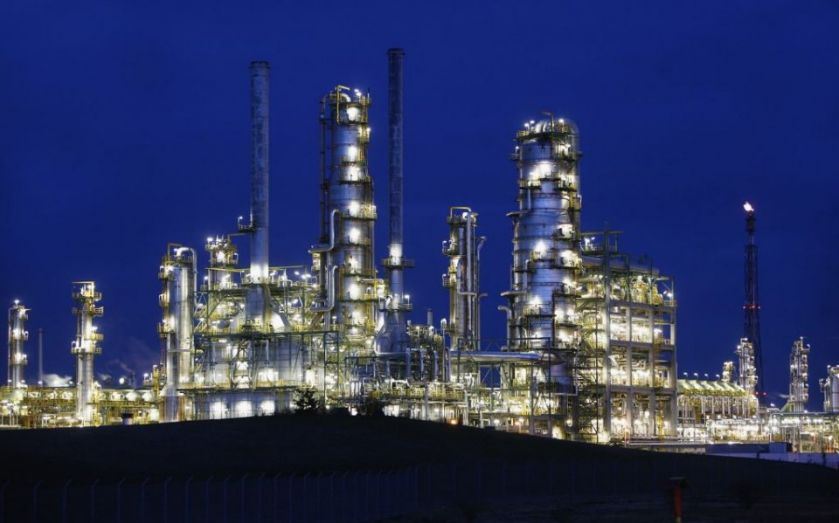Five charts showing what happens to London-listed companies when oil prices plummet

Oil companies have been burned by plunging global oil prices, which have shed around 60 per cent since July, prompting them to abandon projects, and some have even had to make job cuts.
Oil prices have crumbled 60 per cent since July last year, skidding to a near six-year low of $45.19 per barrel in January, thanks to the growing US shale gas industry and waning demand from once-ravenous emerging economies like China. Oil prices rallied recently, and it seemed like a floor could finally have been found, but data released today has slammed the breaks on this.
But what's the effect of such a steep decline on London-listed companies?
The number of profit warnings ticks up – and more are on the way

Profit warnings make even the most seasoned investors nauseous. The above chart shows the number of profit warnings issued by oil and gas companies jumped last year, with plunging oil prices forcing firms to re-evaluate their forecasts. Nonetheless, it's likely there's still more to come.
"[The data shows] an immediate impact [from price falls] on oil producers, but there's a lag for companies that services equipment so I don't think the story is finished," Jon Clark, partner at E&Y, told City A.M.
"The time lag varies depending on what area of the supply chain you're in – for some it's immediate, but for others it takes between six to 12 months."
IPOs tail off

A number of companies have declared their intention to float ahead of the general election in May, including DFS and the owners of high street haunt Vodka Revolution, however the oil and gas sector is looking awfully quiet.
The above chart shows oil and gas companies listing slipped last year, as they were unnerved by the oil price slide.
Oil firms make huge writeoffs

Companies nestled within Britain's benchmark index have struggled amid crumbling oil prices. Industry titans BP and BG Group announced write-downs – which is when companies' assets are worth less than initially thought – of $3.6bn and $8.9bn respectively. Meanwhile Tullow Oil announced a $2.7bn pre-tax write-off, it's biggest ever.
BP and BG Group will slim expenditure by 20 per cent and 30 per cent respectively, while Royal Dutch Shell aims to save £15bn over the next three years. Tullow Oil has also said it plans to cut operating expenses by $500m over the next three years.
The junior market is the hardest hit

Plucky investors rummaging around the junior market, looking for the next big growth stock, should err on the side of caution if eyeing up an oil and gas company. Aim-listed oil companies have been hard hit by the oil price rout, largely because they were weaker to begin with, and the year ahead could bring even more doom and gloom.
"It is the weaker companies that will find raising further funding a challenge with oil and gas prices at the current levels," Ewan Mitchell, head of analytics at Company Watch, told City A.M.
"We suspect there will be many that won’t survive if oil and gas prices remain this low during the year.”
Interest from short sellers surges

Average short interest on the number of shares outstanding has jumped since oil prices began to slide last year, according to data compiled by financial information service Markit. Short interest how many shares investors are betting against, on the belief that prices will fall within a specified time frame, and shows sentiment isn't good for FTSE 350-listed oil and gas companies.